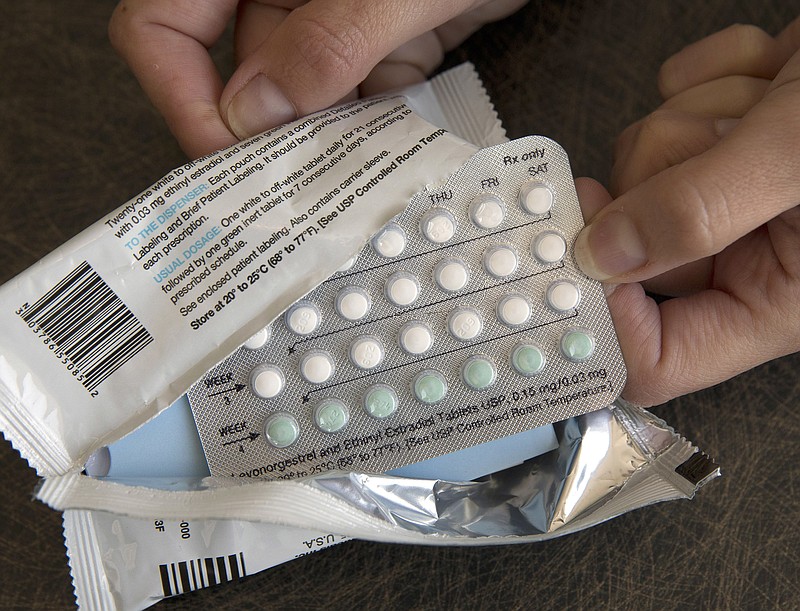Over a 35-year period, the number of women who said they used contraception when first becoming sexually active increased, but whether the contraception reduced unwanted pregnancies is uncertain, according to a report from the American Academy of Pediatrics.
Surveys of more than 26,000 women who became sexually active from 1970-2014 - the study focused on heterosexual sex - showed that over the years, the decision to use contraception when they first had sex was increasingly common. The lack of contraception during sexual initiation is "strongly associated" with unwanted pregnancies, according to the AAP report.
On average, women in the United States become sexually active at 17, the report states. And, the age group from 18-24 has the highest rate of unintended pregnancies, which are associated with delayed prenatal care, premature birth and low birth weight.
Researchers interviewed women born from the 1940s to the 1990s. The interviews revealed contraceptive use near their sexual debuts was increasing over the years.
The study showed more women started using contraception before becoming sexually active over time. In 1970, less than 10 percent of women began using contraception before becoming sexually active. In the 2000s, more than 25 percent of women began using contraception before sexual activity. Initiation of contraception at their sexual debut remained steady over the years at about 40 percent.
Data from the last five years (2010-14) showed only three of four minorities or low-income women immediately used contraception when initiating sex. Overall, four of five women reported using contraception during their first sexual encounters.
Condoms accounted for the most common method of contraception during women's initiation of sexual activity.
"Timely use of effective contraceptive methods, such as long-acting reversible and short-acting hormonal methods, remained low," the report states. "Long-acting reversible contraceptives (intrauterine devices and subdermal implants) should be the first-line contraception for adolescents to prevent unintended pregnancy."
Condoms are less effective and may be challenging for adolescents to use because of low levels of sexual communication, according to the report. They do, however, provide the best source of defense against sexually transmitted infections, which are prevalent in teenagers and young adults. So, the AAP recommends the combined use of condoms and other forms of contraception.
"A growing proportion of timely contraceptive initiation use is due to condom use, revealing opportunities to promote use of more effective contraceptive methods around the time of sexual debut," the report concluded. "We identified significant differences in timing and type of timely contraceptive initiation by race and/or ethnicity and income. Delays in contraceptive initiation appear to significantly increase short-term risk of unwanted pregnancy. Pediatricians and other health care providers (including pharmacists in select states) play a key role in making timely contraception available to adolescents when (and ideally before) they become sexually active."

